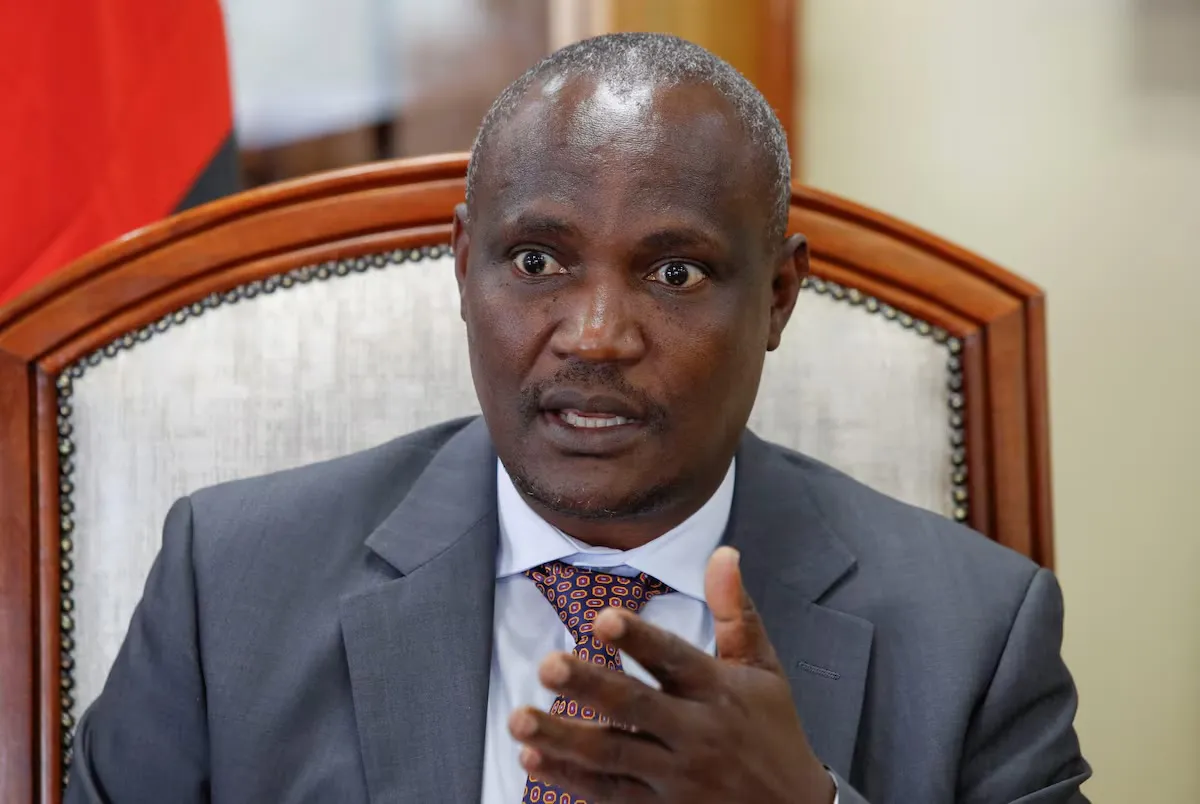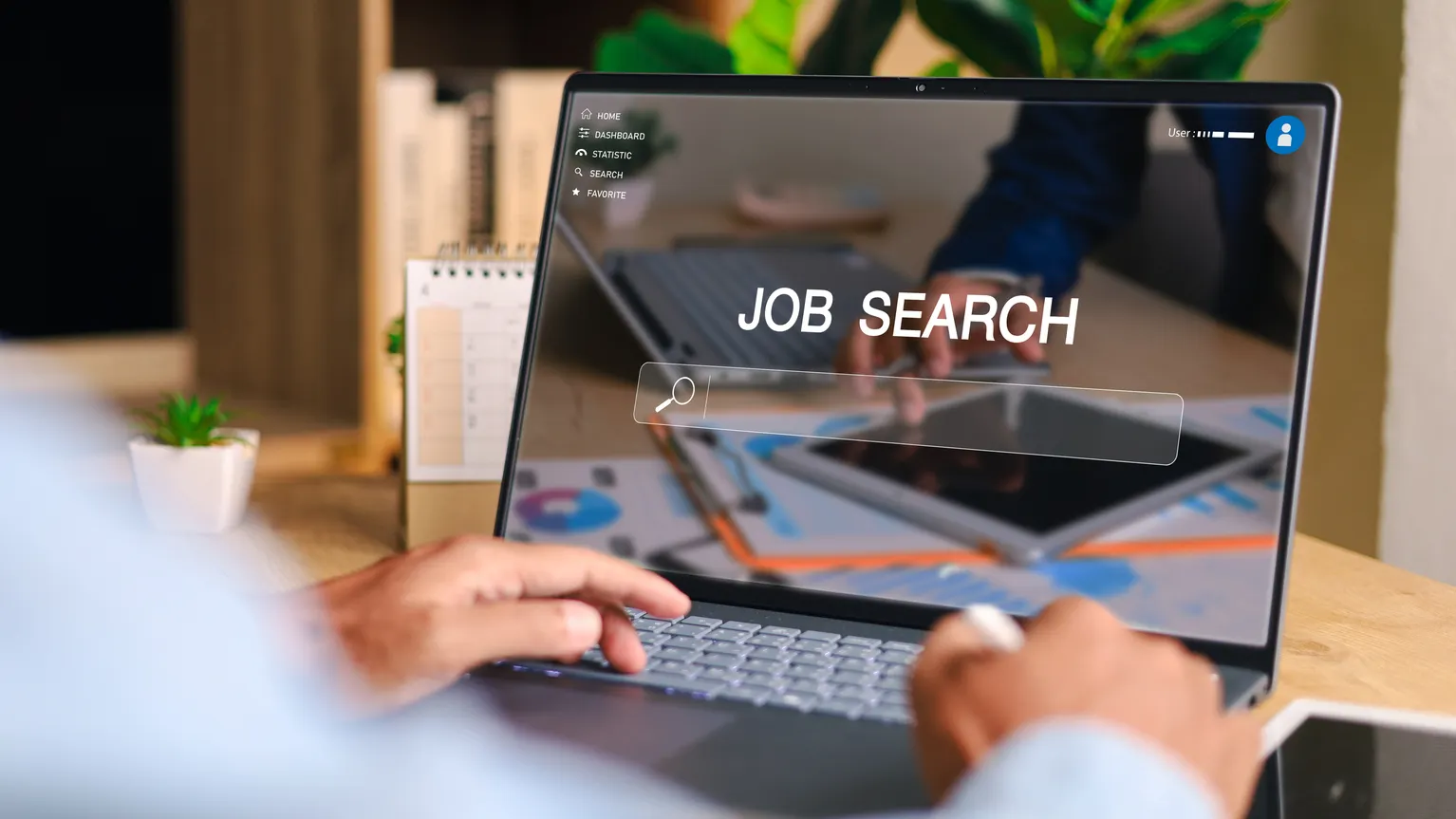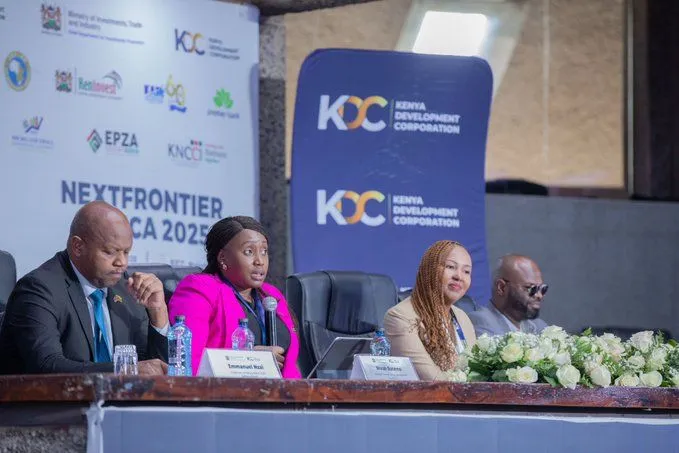In a significant milestone underscoring Saudi Arabia’s ambitious economic transformation, Minister of Investment Eng. Khalid Al-Falih announced that nearly 600 global companies have established their regional headquarters in the Kingdom. This revelation came during a panel discussion titled “Ministerial Perspective on the Role of the Government to Enable the Private Sector,” part of the third edition of the Public Investment Fund (PIF) Private Sector Forum held in Riyadh.
Surge in Investment Licenses and Economic Growth
The minister highlighted a remarkable increase in registered investment licenses, which have surged from 4,000 in 2018 and 2019 to an impressive 40,000 currently. Total investments have doubled to SR1.2 trillion, accounting for 30% of the Saudi economy. Notably, 72% of these investments originated from the private sector, while the PIF’s portfolio and companies account for only 13%. This trend underscores Saudi Arabia’s position as a strong global investment destination, attributed to its attractive economic environment and diverse opportunities across various sectors.
The sharp increase in foreign direct investment inflows reflects the confidence global businesses have in Saudi Arabia’s economic stability and business-friendly policies. The country has implemented wide-ranging economic reforms under the Vision 2030 framework, which is designed to reduce reliance on oil revenues, diversify sources of income, and create a more competitive investment landscape.
Vision 2030: A Blueprint for Diversification and Growth
At the heart of Saudi Arabia’s transformation is Vision 2030, an ambitious roadmap launched in 2016 under the leadership of King Salman bin Abdulaziz Al Saud and Crown Prince Mohammed bin Salman. The vision aims to reduce the Kingdom’s dependence on oil, enhance economic productivity, and expand public service sectors such as health, education, infrastructure, recreation, and tourism. By leveraging the Kingdom’s strategic location, investment potential, and leadership role in the Arab and Islamic worlds, Vision 2030 aspires to build a diversified and thriving economy.
Regional Headquarters Program: Attracting Multinational Corporations
A major initiative within Vision 2030 is the Regional Headquarters (RHQ) Program, which aims to position Saudi Arabia as the leading business hub for the Middle East and North Africa (MENA) region. Launched in 2021, the program encourages multinational companies to establish their regional headquarters in Saudi Arabia, particularly in Riyadh.
To incentivize companies, Saudi Arabia has introduced numerous benefits, including tax breaks, streamlined regulatory processes, and priority access to government contracts. Effective January 1, 2024, multinational corporations seeking to conduct business with Saudi government entities must have their regional headquarters in the Kingdom. This requirement has significantly accelerated the influx of global firms into the country.
Incentives and Benefits for Multinationals
Saudi Arabia’s Regional Headquarters Program offers a range of incentives to attract international firms. These include tax exemptions, reduced bureaucratic hurdles, and relaxed Saudization requirements for top management positions. The government has also committed to providing an enabling business environment with cutting-edge infrastructure, access to financial resources, and a growing skilled workforce.
In addition to financial and regulatory incentives, the Kingdom has heavily invested in building a robust business ecosystem. The capital city of Riyadh is undergoing rapid transformation, with new business districts, world-class office spaces, and digital infrastructure development to support corporate operations. These enhancements are critical in making Saudi Arabia the preferred regional base for multinational corporations.
Strategic Location and Market Access
Saudi Arabia’s location offers significant logistical advantages, making it a gateway to a vast and dynamic market. The Kingdom is the largest economy in the Middle East, with access to 40 fast-growing markets within a four-hour flight radius. Additionally, it sits at the crossroads of Asia, Europe, and Africa, enabling multinational corporations to manage their regional operations efficiently.
The government has also launched multiple free zones and industrial cities to facilitate ease of doing business. These zones offer streamlined customs procedures, favorable tax rates, and direct access to major transportation networks, including air, sea, and land routes.
Notable Multinational Entrants
Several major multinational corporations have either established their regional headquarters in Saudi Arabia or announced plans to do so. Notable entrants include financial giants such as Citigroup, which recently received approval to open its regional headquarters in Riyadh. The company sees Saudi Arabia as a key market in its expansion strategy due to the country’s rising investment appeal and financial sector liberalization.
Similarly, Salesforce, a leading customer relationship management (CRM) software provider, has committed to investing significantly in Saudi Arabia. The company has pledged to inject $500 million into artificial intelligence-driven initiatives, with a focus on expanding its footprint in the Kingdom. As part of this commitment, Salesforce plans to train 30,000 Saudi professionals in emerging AI technologies by 2030, further contributing to the development of a highly skilled workforce.
Other global firms, including professional services firms, automotive giants, and technology leaders, have also made significant moves toward establishing their presence in Saudi Arabia. These investments highlight the growing confidence in the Kingdom’s regulatory framework, economic resilience, and long-term vision for sustainable growth.
Economic Diversification and Private Sector Empowerment
Saudi Arabia’s ongoing economic reforms have led to an impressive diversification of its economy. Non-oil economic activities now contribute 52% of the country’s total GDP, demonstrating a significant shift from the traditional oil-dependent model. Even during periods of reduced oil activity due to production cut policies, the non-oil sector has maintained a steady growth rate of 4% to 5%.
The government has also prioritized private sector participation as a key driver of national growth. Through strategic partnerships, deregulation initiatives, and investment incentives, Saudi Arabia has successfully cultivated a more competitive and business-friendly environment.
Public Investment Fund: A Catalyst for Growth
The Public Investment Fund (PIF) plays a pivotal role in Saudi Arabia’s economic transformation. With assets exceeding $950 billion, the PIF has become one of the world’s largest sovereign wealth funds, driving economic diversification through investments in various industries, including technology, infrastructure, tourism, and renewable energy.
The PIF has also played an instrumental role in forming co-investment deals with global asset managers, aiming to attract foreign capital into Saudi Arabia. The Kingdom has set an ambitious target of securing $100 billion in annual foreign direct investment by 2030. Recent initiatives include partnerships with global investment firms to establish dedicated Middle East investment funds, further enhancing the appeal of the Saudi market.
Challenges and Future Outlook
Despite its remarkable progress, Saudi Arabia still faces challenges in securing long-term investment partnerships and ensuring that these investments generate sustainable economic benefits. Some multinational corporations remain cautious due to regulatory complexities and market uncertainties. However, ongoing legal reforms, enhanced transparency, and continuous investment in infrastructure are gradually addressing these concerns.
The success of the Vision 2030 strategy will largely depend on the Kingdom’s ability to maintain investor confidence, foster an innovative business climate, and ensure that economic policies remain aligned with global market trends. As Saudi Arabia progresses toward its economic goals, strategic adjustments will be necessary to navigate challenges and maximize the impact of ongoing reforms.
Conclusion
Saudi Arabia’s bold push to attract multinational corporations and position itself as a global business hub is yielding significant results. The rapid increase in regional headquarters, coupled with a surge in foreign investment, is a testament to the Kingdom’s progress under Vision 2030. By implementing investor-friendly policies, enhancing infrastructure, and fostering an innovation-driven economy, Saudi Arabia is well on its way to becoming a leading investment destination in the Middle East and beyond.
With nearly 600 multinational corporations now operating from Saudi Arabia, the Kingdom is cementing its status as a dynamic and competitive business environment. As the country moves forward, its ability to sustain economic reforms and adapt to global investment trends will determine the long-term success of its transformation.
Ready to take your career to the next level? Join our dynamic courses: ACCA, HESI A2, ATI TEAS 7 , HESI EXIT , NCLEX – RN and NCLEX – PN, Financial Literacy!🌟 Dive into a world of opportunities and empower yourself for success. Explore more at Serrari Ed and start your exciting journey today! ✨
photo source: Google
By: Montel Kamau
Serrari Financial Analyst
13th February, 2025
Article, Financial and News Disclaimer
The Value of a Financial Advisor
While this article offers valuable insights, it is essential to recognize that personal finance can be highly complex and unique to each individual. A financial advisor provides professional expertise and personalized guidance to help you make well-informed decisions tailored to your specific circumstances and goals.
Beyond offering knowledge, a financial advisor serves as a trusted partner to help you stay disciplined, avoid common pitfalls, and remain focused on your long-term objectives. Their perspective and experience can complement your own efforts, enhancing your financial well-being and ensuring a more confident approach to managing your finances.
Disclaimer: This article is for informational purposes only and does not constitute financial advice. Readers are encouraged to consult a licensed financial advisor to obtain guidance specific to their financial situation.
Article and News Disclaimer
The information provided on www.serrarigroup.com is for general informational purposes only. While we strive to keep the information up to date and accurate, we make no representations or warranties of any kind, express or implied, about the completeness, accuracy, reliability, suitability, or availability with respect to the website or the information, products, services, or related graphics contained on the website for any purpose. Any reliance you place on such information is therefore strictly at your own risk.
www.serrarigroup.com is not responsible for any errors or omissions, or for the results obtained from the use of this information. All information on the website is provided on an as-is basis, with no guarantee of completeness, accuracy, timeliness, or of the results obtained from the use of this information, and without warranty of any kind, express or implied, including but not limited to warranties of performance, merchantability, and fitness for a particular purpose.
In no event will www.serrarigroup.com be liable to you or anyone else for any decision made or action taken in reliance on the information provided on the website or for any consequential, special, or similar damages, even if advised of the possibility of such damages.
The articles, news, and information presented on www.serrarigroup.com reflect the opinions of the respective authors and contributors and do not necessarily represent the views of the website or its management. Any views or opinions expressed are solely those of the individual authors and do not represent the website's views or opinions as a whole.
The content on www.serrarigroup.com may include links to external websites, which are provided for convenience and informational purposes only. We have no control over the nature, content, and availability of those sites. The inclusion of any links does not necessarily imply a recommendation or endorsement of the views expressed within them.
Every effort is made to keep the website up and running smoothly. However, www.serrarigroup.com takes no responsibility for, and will not be liable for, the website being temporarily unavailable due to technical issues beyond our control.
Please note that laws, regulations, and information can change rapidly, and we advise you to conduct further research and seek professional advice when necessary.
By using www.serrarigroup.com, you agree to this disclaimer and its terms. If you do not agree with this disclaimer, please do not use the website.
www.serrarigroup.com, reserves the right to update, modify, or remove any part of this disclaimer without prior notice. It is your responsibility to review this disclaimer periodically for changes.
Serrari Group 2025





